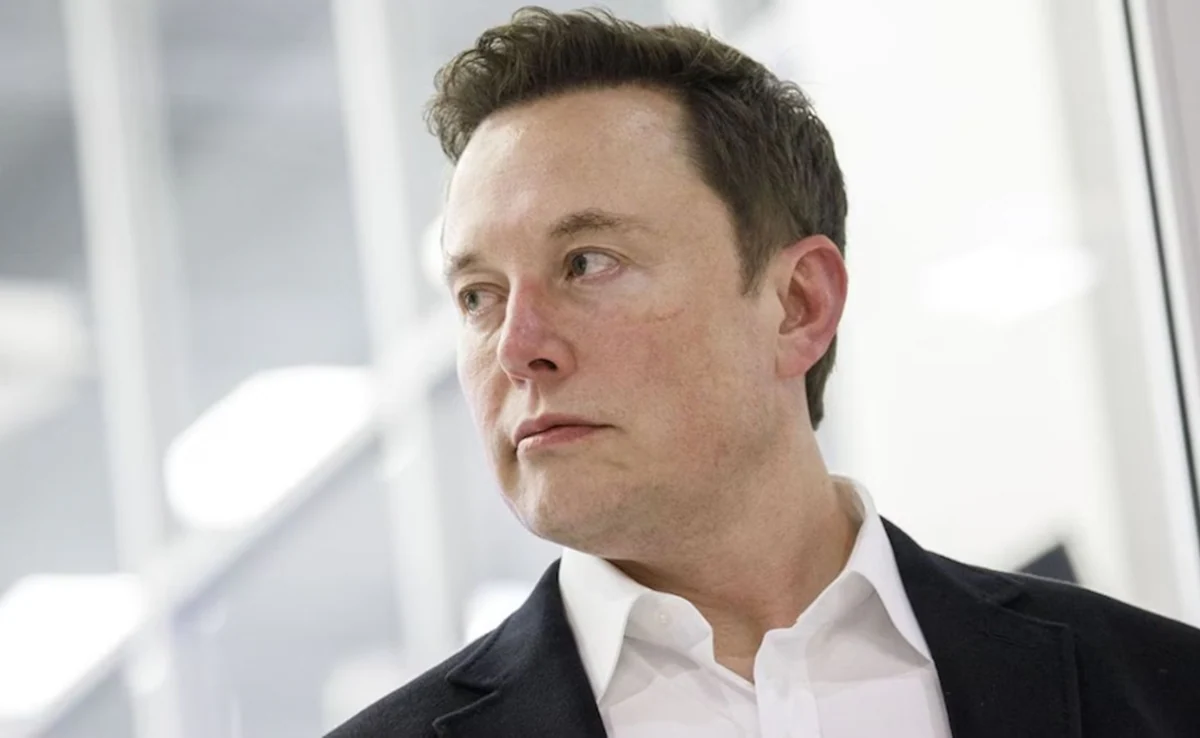Elon Musk’s purchase of X (formerly Twitter) was celebrated by conservatives as the dawn of a free speech revolution. Musk promised transparency, neutrality, and a platform that would no longer stifle dissenting voices. However, the recent controversy surrounding H-1B visas has called those promises into question.
Prominent MAGA figures like Laura Loomer, Gavin Wax, and Owen Shroyer claim their accounts were flagged, limited, or stripped of verification badges after they criticized Musk’s stance on skilled immigration and his alignment with tech leaders like Vivek Ramaswamy. Their allegations point to a deeper problem: Even platforms that pledge to protect free speech are not immune to accusations of censorship.
X and the H-1B Debate: A Free Speech Crisis
The controversy began with Loomer’s critique of Musk’s support for H-1B visas, which she argued undermine American workers. Musk responded by defending the need to recruit global talent, particularly in engineering and technology sectors. The debate quickly escalated, with Loomer and others alleging that their criticisms led to account suppression.
Musk’s explanation for these alleged restrictions revolved around X’s algorithm, which reduces the reach of accounts that receive disproportionate mutes and blocks. While this policy is framed as a way to enhance user experience, critics argue it effectively silences controversial opinions and undermines the platform’s free speech ethos.
The problem with algorithmic suppression is clear: It creates an opaque system where users can’t determine whether their voices are being limited by design, policy, or user backlash. For conservatives who have long felt marginalized by Big Tech, this lack of clarity only deepens mistrust.
A Familiar Pattern of Big Tech Suppression
For many conservatives, the issue with X is part of a broader pattern of censorship by Big Tech. This isn’t the first time a platform hailed as a champion of free speech has faced allegations of bias and suppression. But the case of X stings more because it was supposed to be different under Musk’s leadership.
The debate also reignites memories of Parler, the only platform ever completely deplatformed by Big Tech. In January 2021, Parler was silenced overnight when major service providers—including Amazon Web Services, Apple, and Google—pulled their support, cutting off access to 20 million users. This unprecedented action didn’t just target a single account or group; it shut down an entire platform, erasing voices en masse.
For conservatives, Parler’s shutdown was a chilling reminder of how easily Big Tech can silence dissent. It also highlighted the need for platforms committed to true free speech and resilience against censorship.
Parler’s Lesson in the Fight for Free Speech
While Parler’s experience is not the main focus here, it serves as a cautionary tale. The platform’s resurgence underscores the importance of building spaces where dissenting opinions are not algorithmically suppressed or silenced under the guise of community standards.
Unlike X, Parler operates transparently, with clear rules applied evenly. There are no secret algorithms determining who gets heard and who gets muted. For conservatives frustrated with X’s inconsistencies, Parler remains a viable alternative, but the broader issue is ensuring that all platforms adhere to their free speech commitments.
Why the H-1B Debate Matters
The H-1B visa controversy is emblematic of deeper cultural and political tensions within conservatism. Populists see skilled immigration as a threat to American jobs and cultural identity, while others argue it is essential for maintaining U.S. competitiveness in the global economy.
Musk’s defense of H-1B visas—and his critics’ responses—highlights the divide between pro-business conservatives and those prioritizing “America First” policies. But the underlying issue isn’t just about immigration; it’s about whether voices on both sides of the debate can be heard without fear of suppression.
Moving Forward: A Call for Accountability
The challenge now is ensuring that platforms like X remain accountable to their free speech promises. Musk’s explanation of algorithmic limitations raises important questions:
- Are these policies unintentionally punishing dissenting voices?
- Can free speech truly thrive in an environment where visibility depends on user feedback and opaque algorithms?
- What safeguards exist to ensure that criticism—whether of Musk, Big Tech, or government policies—is not categorized as spam or harassment?
For conservatives, the fight for free speech extends beyond one platform or one debate. It’s about creating a digital ecosystem where voices are heard, ideas are debated, and dissent is protected. As the dust settles on this latest controversy, the lesson for conservatives is clear: The fight for free speech is ongoing, and it requires vigilance, accountability, and a willingness to support platforms that truly uphold the values of open dialogue and transparency.
Key Takeaways:
- X’s Algorithmic Suppression: Critics argue that X’s policies disproportionately impact controversial opinions, undermining its free speech commitments.
- The Broader Pattern: The debate around X echoes past censorship concerns, including Parler’s deplatforming, which silenced 20 million voices.
- The Role of Alternatives: Platforms like Parler demonstrate the need for spaces where free speech is protected without hidden policies or arbitrary enforcement.
- A Divided Conservative Movement: The H-1B visa debate highlights the ideological divide within conservatism, raising broader questions about the future of the movement.

